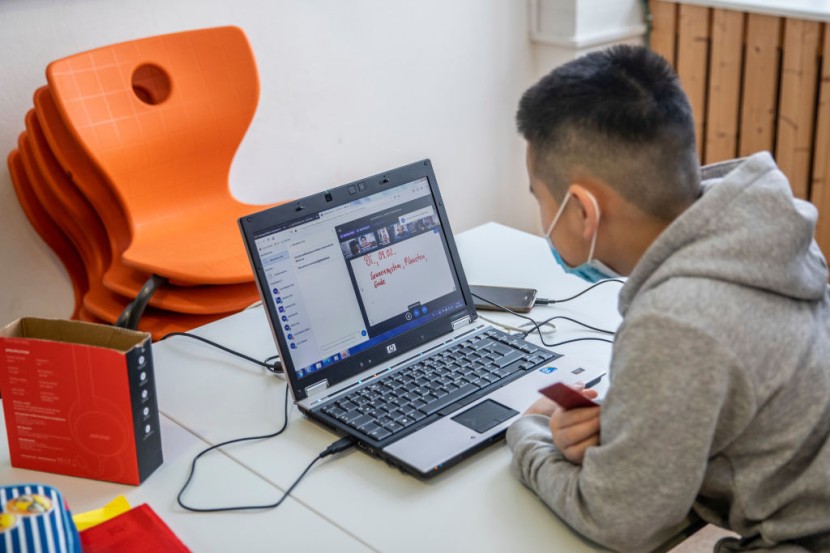
A child protection organization cautioned that "sextortion" targeting children is spiking as they spend more time online during the pandemic.
Handled by the Canadian Centre for Child Protection (CCCP), Cybertip, a Canadian national tipline, stated they had witnessed an 88 percent rise in reports of varying forms of online sexual exploitation. One of them is sextortion.
What is 'Sextortion'?
According to Cybertip, "Simply put, sextortion is blackmail. It's when someone online threatens to send a sexual image or video of the child/youth to other people if they don't pay the person or provide more sexual content," reported The Epoch Times.
The Canadian Centre for Child Protection (CCCP) stated the increase in records includes several forms of online sexual exploitation of children. Among them are children receiving explicit photos, videos, or messages from adults, having sexual images or videos of themselves being shared on the internet, and being coerced into making and sending explicit content.
Cybertip, on average, receives 40 reports of sextortion per month, the organization stated in a release. Numerous offenders connected with children and teenagers through apps including Facebook, Snapchat, and Omegle.
Sextortion transpires when the offending suspect further victimizes a kid.
For the Safer Internet Day on Tuesday, the parent company of Cybertip.ca established a series of videos for young people to keep safe, reported Toronto Sun.
According to a Dubai-based British expat and a mother of a five and one-year-old, Mary Samways, she discovered her three children playing on the phone. "They showed us 'the game' they had been playing, which was of one of them lying on top of the other one and making groaning noises. It was obvious that they didn't consciously know what it meant, but the video footage they had taken of it with the phone was grotesque," reported Gulf News.
One of the videos of this "game" was uploaded to YouTube by one of the girls, without Mary's knowledge. At that point, this was discovered, and the video was taken down an hour later. However, hundreds of people have already viewed it.
The Regina Police Service is probing into two cases of online extortion that transpired a few weeks ago.
According to the police service, in both cases, the victims were messaged by a stranger who sent them a friend request on Facebook. The victims were then invited to a video chat wherein they were persuaded to expose themselves on camera.
The tipline remarked, "Sextortion usually starts with normal online conversations and then when chats are moved to more private platforms, quickly turn very personal and sexual. The person might use things like flattery or attention bombing to make you feel special, or try to make you feel bad or use sympathy in order to manipulate you into doing what they want."
According to the agency, the number of reports they received does not accurately depict the reality of the problem. Feelings of guilt, shame, and fear prevent victims from telling divulging that they are being blackmailed.








